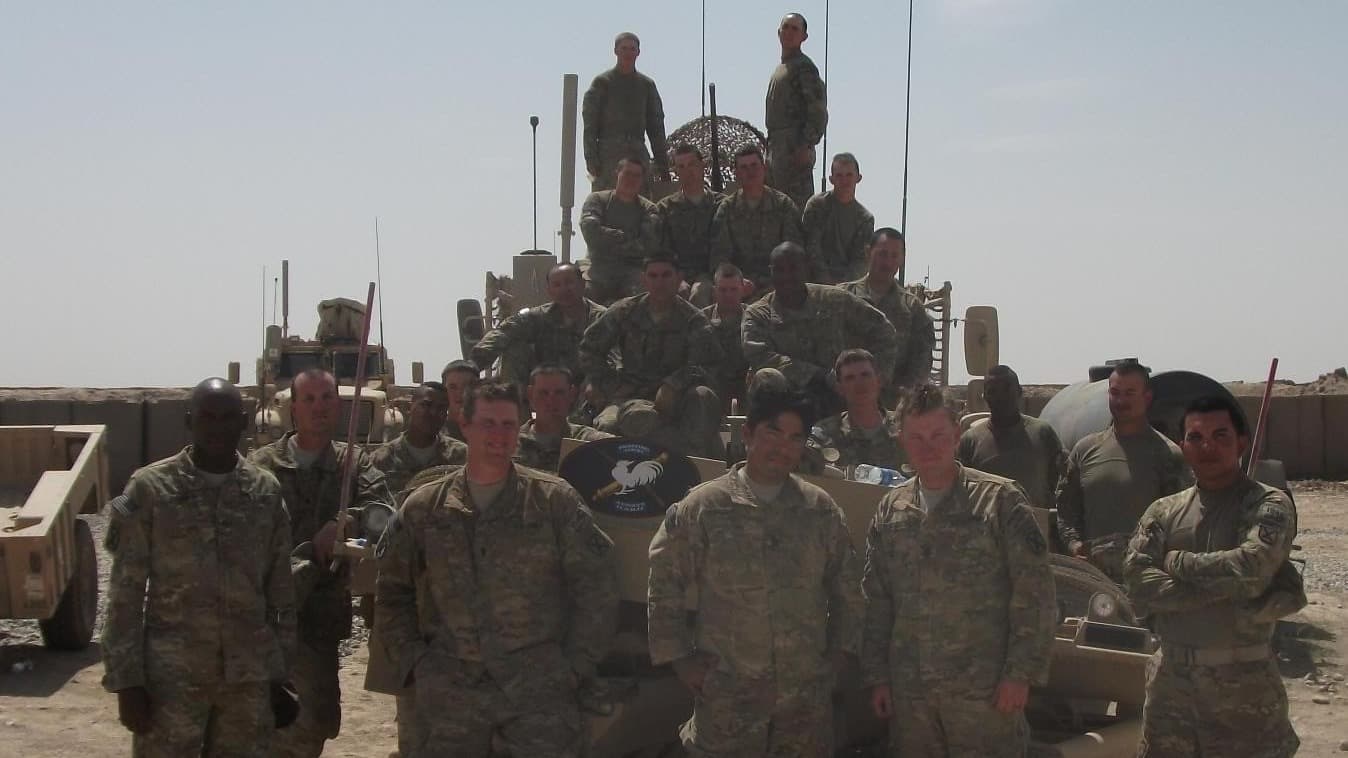Tyson Quink
After graduating from West Point, Tyson deployed to one of the most dangerous regions in Afghanistan. He was leading his platoon when he stepped on a hidden bomb.
Tyson After Explosion
"I Thought I Was Dead"
While deployed to Kandahar, one of the most dangerous regions of Afghanistan, Tyson was leading a platoon to a checkpoint at an intersection of two scarcely traveled roads. Finding multiple explosive devices buried in the area, they called for a specialist to sweep for hidden bombs. "When I took a step back to let him pass, my foot triggered one of the explosives.”
The blast threw Tyson into the air. "I lost all senses but could still talk to myself in what felt like a dark void in a new world," he recalled of that fateful night. “I thought I was dead."

Chaos And Darkness
When he opened his eyes, Tyson was confronted with the reality of his situation. He could see a few inches of his tibia protruding from his right leg where his foot should have been. "Every piece of tissue from my foot to about four inches above my ankle was gone."
Amidst the chaos and darkness, he could not see the full extent of his injuries. "But I knew there was a similar injury to my other leg," he remembered. "I later found out the blast took my left leg off about two inches above the ankle."
Tyson was transported to a nearby hospital with his wife, Tera, who was also serving in Afghanistan. He was placed in a medically induced coma and rushed into multiple surgeries before being transported back to the United States.
"I Was Dependent On Everyone Around Me"
Tyson endured multiple surgeries to treat infections and burns.
Beyond the physical recovery, he also had to shift his mental mindset. "I had just left a combat zone, where I was responsible for the soldiers’ lives in my platoon," he explained. "And now I was dependent on everyone around me for essential functions of life.”
Despite his new circumstances, Tyson's call to serve never faded. He decided to return to West Point to help young cadets just beginning their military careers.












